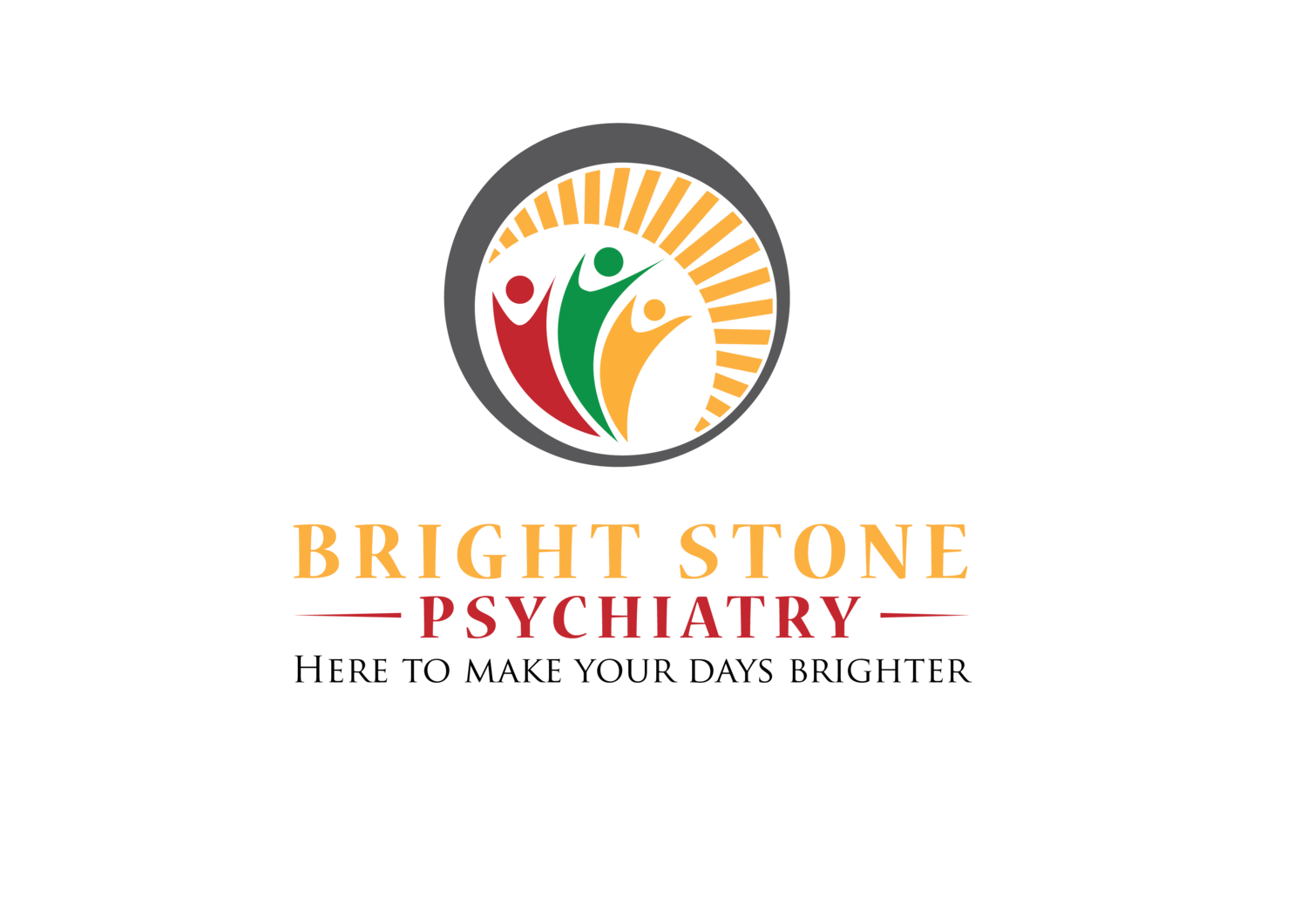How Pressure from School and Peers Can Cause Depression: Insights from Brightstone Psychiatry
The school environment is meant to foster learning, growth, and social connections, but for many students, the pressures that come with academic demands and peer relationships can be overwhelming. The constant need to perform well in school, maintain social standing, and meet parental expectations can lead to feelings of stress and anxiety, which, if left unaddressed, may develop into depression.
At Brightstone Psychiatry, we understand how deeply these pressures can affect students' mental health. We are committed to offering the care and support needed to help students navigate these challenges and prevent the onset of depression.
Understanding the Pressures Students Face
Academic Expectations Academic performance is a common source of stress for students at all levels. The pressure to achieve good grades, perform well on tests, and meet school and parental expectations can cause students to feel overwhelmed. As competition for college admission and scholarships increases, so does the pressure, which can contribute to anxiety and feelings of inadequacy. When students feel they are not meeting expectations, this can lead to a cycle of self-criticism and low self-esteem, increasing the risk of depression.
Social and Peer Pressure Adolescence and young adulthood are times when social connections are critically important. However, peer pressure and the need to fit in can create immense stress. Bullying, social exclusion, or simply feeling different can lead to feelings of loneliness and isolation. Additionally, social media amplifies these pressures, as students often compare themselves to others, fostering a fear of missing out (FOMO) or an unrealistic sense of inadequacy based on curated online personas.
Extracurricular Activities and Overcommitment Many students feel pressured to excel not only in academics but also in extracurricular activities, such as sports, clubs, or volunteering, in order to build a well-rounded resume. Balancing these activities alongside schoolwork can leave students feeling overburdened and exhausted. The constant juggling of responsibilities can lead to burnout and emotional fatigue, further increasing the risk of depression.
Family Expectations While families want the best for their children, parental expectations can sometimes add additional stress. Whether it's the expectation to get into a certain college, excel in a particular subject, or follow a specific career path, this can place a heavy emotional load on students. The fear of disappointing parents can weigh heavily on young minds, contributing to feelings of failure and sadness.
How These Pressures Can Lead to Depression
When students are faced with prolonged stress from academic, social, and familial pressures, it can take a toll on their mental and emotional well-being. Persistent feelings of hopelessness, worthlessness, or sadness may indicate the onset of depression. Symptoms of depression in students often include:
Difficulty concentrating or making decisions
Feeling constantly tired or lacking energy
A loss of interest in activities they once enjoyed
Changes in sleep patterns (sleeping too much or too little)
Feelings of worthlessness or guilt
Withdrawal from friends and family
Thoughts of self-harm or suicide
The combination of internalized pressure and external stressors can overwhelm a student, making it difficult to cope. Depression may not always be immediately visible, and some students may mask their emotions, which is why early intervention is key.
How Brightstone Psychiatry Can Help
At Brightstone Psychiatry, we offer comprehensive mental health services tailored to help students manage the pressures of school and social life. Here’s how we can support students facing depression:
Therapy and Counseling Our licensed therapists offer individual counseling sessions to help students explore their feelings and develop healthy coping mechanisms. Cognitive Behavioral Therapy (CBT) is an effective approach to treating depression by helping students recognize negative thought patterns and replace them with healthier, more positive ones.
Stress Management Techniques We teach students stress-relief techniques such as mindfulness, relaxation exercises, and time management skills. These tools help students reduce anxiety, manage their responsibilities more effectively, and build resilience to handle academic and social pressures.
Peer Support Group therapy sessions are a great way for students to connect with others who are facing similar challenges. Sharing experiences in a supportive environment helps students feel less isolated and provides them with additional coping strategies from their peers.
Medication Management In cases of moderate to severe depression, medication may be recommended alongside therapy. Our psychiatric team can assess the student’s needs and, if necessary, prescribe appropriate medications to help balance mood and alleviate symptoms of depression. We closely monitor progress to ensure the most effective treatment plan.
Family Counseling Family dynamics can play a critical role in a student's mental health. At Brightstone Psychiatry, we offer family counseling to help parents and guardians better understand the pressures their children are facing and learn how to provide support without adding to the stress.
Conclusion
The pressures of school and peer relationships can be challenging, and for many students, they can lead to anxiety and depression. At Brightstone Psychiatry, we are dedicated to helping students manage these pressures in healthy and effective ways. By offering therapy, stress management tools, and personalized care, we can help students regain their sense of control and emotional well-being.
If you or a loved one is struggling with the weight of academic or social pressure, don’t hesitate to reach out. We are here to provide the support needed to thrive both in and out of the classroom.

